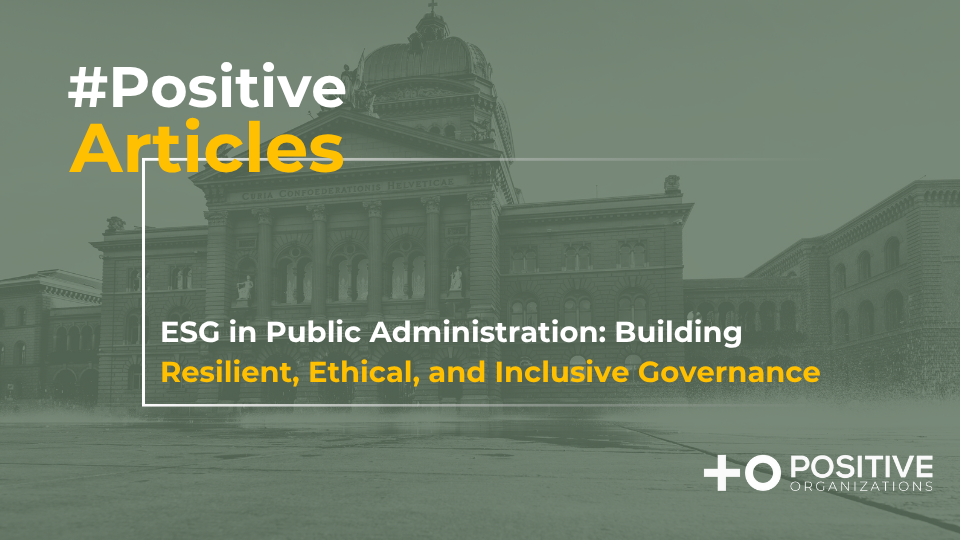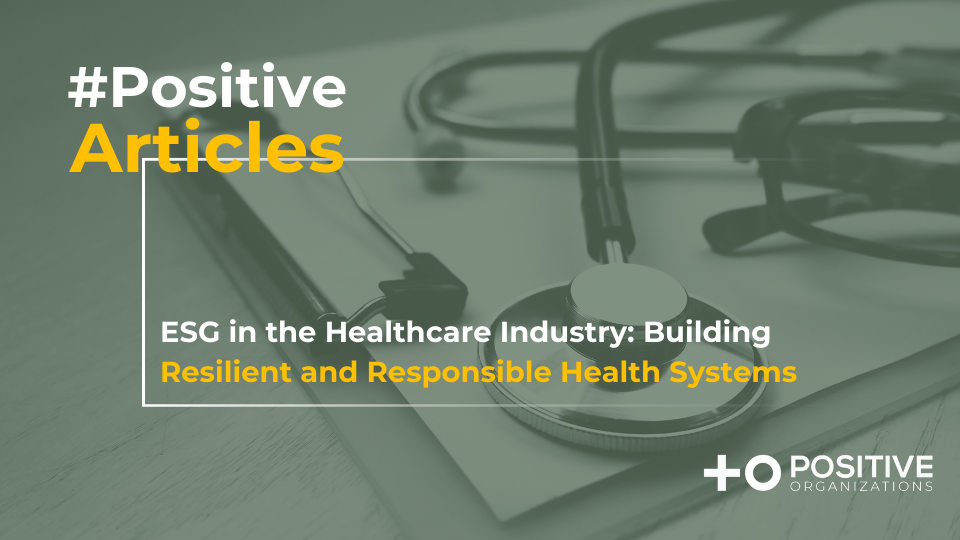News & Publications
.png)

Now coming to a close, 2023 has certainly been a crucial test for sustainability.
Never before has the need to face today’s environmental and social challenges with determination been so evident. The urgency to act is palpable: climate change waits for no one, and social inequalities spare no one. For this reason, 2023 saw the need to turn words into concrete actions.
Both multinational corporations and small to medium-sized enterprises (SMEs) have been—and will increasingly be—an integral part of this change. Large companies, with their global presence, have the responsibility and capability to significantly influence events. However, it is the SMEs that effectively catalyze collective change.
In a world where environmental and social awareness guides consumer decisions, companies that embrace these trends not only respond to an ever more socially and environmentally conscious market demand but also strategically position themselves for the future. Sustainability is no longer an option for businesses or a marginal competitive advantage; it has become a fundamental pillar for corporate resilience and long-term value creation.
So, what have been the key sustainability trends this year?
- Reduction of greenhouse gas emissions and commitment to carbon neutrality: Driven by growing awareness of climate change, companies are increasingly adopting concrete actions to mitigate their impacts.
- Adoption of circular economy processes: With a focus on reducing waste and optimizing resources, circularity is increasingly driving production innovation, promoting the creation of long-lasting goods and reuse and recycling strategies.
- Transition to renewable energy: Energy sources such as solar, hydropower, and wind are increasingly being used in the energy supply of committed companies.
- Sustainable supply chain management: The focus on business partners is intensifying, with a strong push to seek ethical suppliers characterized by responsible practices.
- Social equity and inclusion: Through essential diversity management and equal opportunity policies.
- Biodiversity conservation: Through reforestation projects and ecosystem protection.
These trends not only reflect the imperative for businesses to operate sustainably for the common good but also outline a future where companies that embrace these values can meet consumer demands, reduce risks along their supply chain, and contribute to global sustainable development.
And most importantly, what significant actions were taken during these 12 months?
National and supranational legislative action has reached several milestones. Looking first at the Swiss case, the country holds a delicate and strategic position due to its geographical location and the commercial relationships it maintains with European countries. Significant operations in neighboring countries have often necessitated alignment with actions taken in Brussels. For its part, the EU now has some of the most advanced, yet equally complex, sustainability laws. With the “European Green New Deal” project, numerous measures have been aimed at combating climate change, supporting innovation, and making Europe the first climate-neutral continent by 2050.
First among these is the adoption of the Corporate Sustainability Reporting Directive (CSRD), which expands the range of companies subject to non-financial reporting (specifically, the obligation is extended to those meeting at least two of the following three criteria: more than 250 employees, over €40 million in net revenue, and more than €20 million in total assets). Switzerland, for its part, has recognized the importance of aligning with a similar legislative initiative, acknowledging European developments in sustainable management. The Federal Council has thus defined the key elements to lower the threshold for mandatory reporting—from 500 to 250 employees—within a legislative project. This will be discussed in the first half of 2024, representing a real challenge for companies that will be required to report their sustainability performance.
Looking at the supply chain, an equally urgent issue, the landscape is constantly evolving. While some countries, such as Germany, have already recognized the need to make the supply chains of companies operating within their territory more transparent and responsible—through the adoption of the Lieferkettensorgfaltspflichtengesetz (LkSG), or German Supply Chain Due Diligence Act, in 2021—the European Commission has understood the urgency of supranational alignment through the adoption of a proposal for a directive on corporate sustainability due diligence. Aimed at identifying, preventing, and mitigating risks related to human rights and the environment, even Swiss companies that engage with the entire European territory will face the consequences of this initiative and be called to meet this new challenge.
In the same vein, there are also numerous measures regarding product ecodesign—aimed at reducing and optimizing resources used in production processes—due diligence against deforestation and forest degradation, and finally, anti-greenwashing initiatives through the revision and standardization of environmental labels on products.
In such a rapidly evolving international context, where the governments of nations, but especially the real economy, are called to respond to the previously mentioned needs, everyone is required to play their part by becoming aware and proactive actors. As this chapter comes to a close, and the debate on climate change once again found a place in governmental multilateralism and diplomacy at COP28, the great 2030–2050 game is once again being played on the economic field, in corporate actions and strategies, as enshrined in the Climate Law approved at the polls last June. Quoting the words of Simon Stiell, head of the United Nations for Climate, “good intentions will not halve emissions this decade, nor save lives now”; action is the key word for the future ahead.
Start Your
Journey Today









.png)





